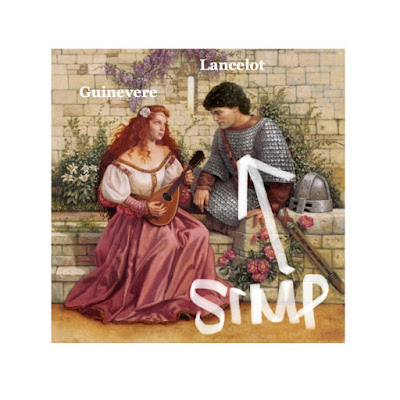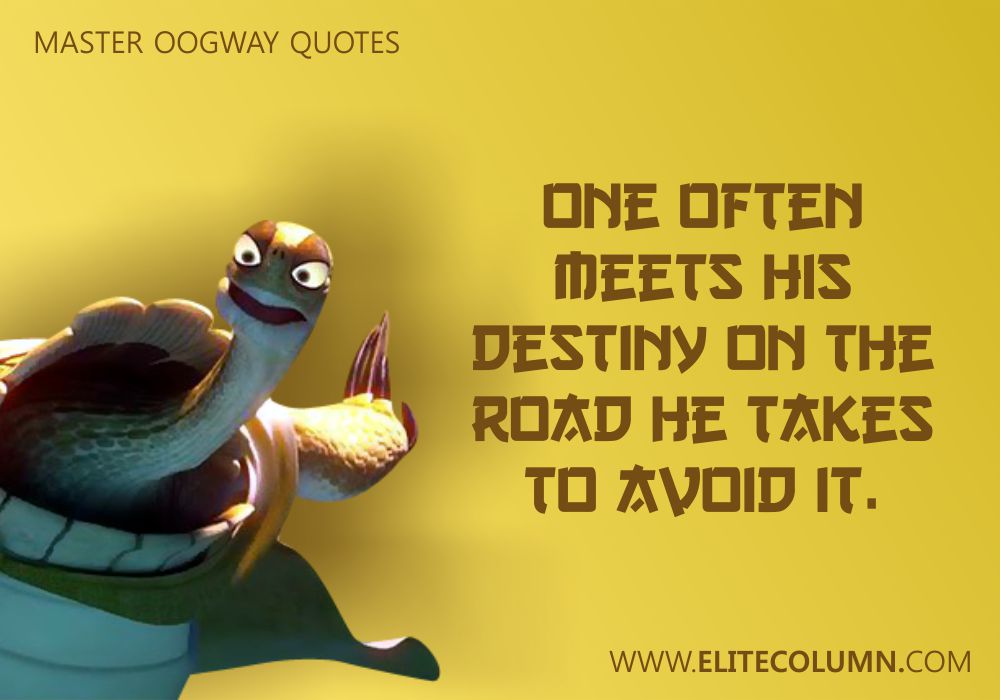I found it
very interesting how this version of an Arthurian tale is unlike any other that
we have read in the way that it is not directly retelling a story of King
Arthur. Meg Cabot focuses on the future life of King Arthur through the
demonstration of reincarnation. While we have learned about the possible beliefs of King Arthur coming back to life, it wasn’t presented through 21st
century high schoolers.
The rise of
King Arthur is hard to believe it’s actually real, yet Cabot was able to make a
unique connection of Arthurian tales to today’s world, addressing the
reincarnation of Arthur and other characters. She even stretched some thoughts,
such as how the Lady of the Lake was never said to have made an appearance like
she did in this reading. In this reading, the Lady of the Lake became a strong
and meaningful position that saved “the darkness” from taking over. “But there’s
no getting around the fact that you are, indeed, the reincarnation of the Lady
of the Lake. It was she who gave Arthur the weapon that he used to defend
himself and the realm. And only she could have kept his friendship with
Lancelot and Guinevere from splintering leaving him vulnerable to attack from his
mortal enemy” (Cabot, 277).
Side note: this reading made me think of Percy Jackson and how there are so many people within a school with secrets filled with such power and importance.



